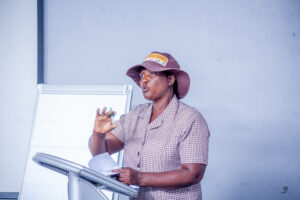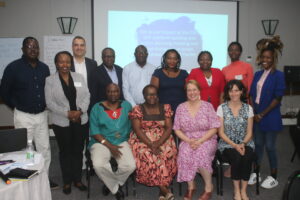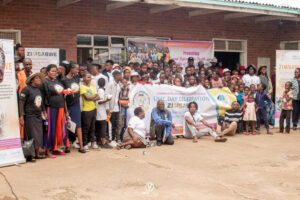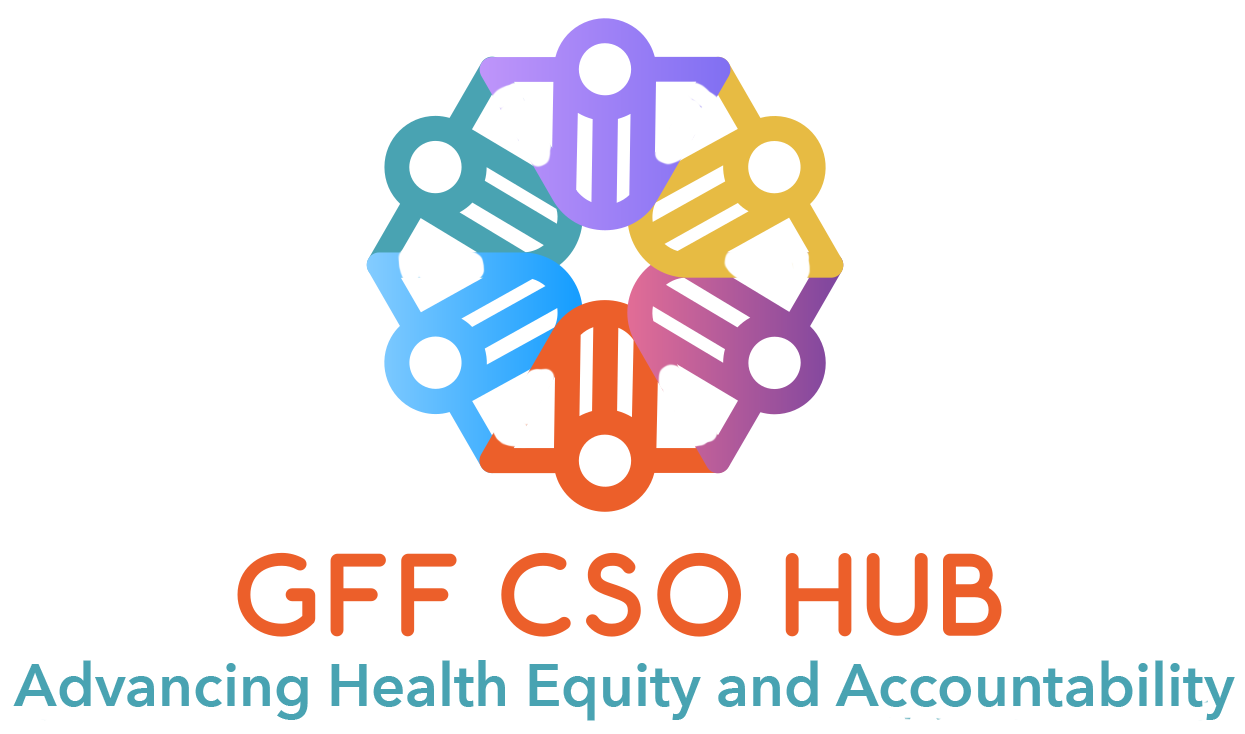Background
In 2001, African Union heads of state committed to allocating 15% of their annual budgets to health sector financing through the Abuja Declaration. However, in 2022, Zimbabwe’s health budget was only 10.6% of total spending. Inadequate public financing for health means Zimbabweans are largely forced to pay out-of-pocket — if and when they have the personal funds to do so — in order to access health care. The country’s health sector is also extremely fragile given its reliance on foreign aid and shifting donor priorities, which the World Bank reports accounted for nearly 56% of health expenditures in 2020. No country has made significant progress toward universal health coverage without relying on public funds to support the dominant share of health sector costs. Given these financing gaps, many Zimbabweans lack access to basic primary health care services like reproductive, maternal and antenatal care; contraception; and newborn and child nutrition (nearly one in four children under five experience stunting).
Bringing Civil Society into Health Financing

For decades, the Harare-based Community Working Group on Health (CWGH) — a network of Zimbabwean civil society and community-based organizations — has been working to change this paradigm and improve government accountability by expanding community participation in public health policies, and participating in the development and monitoring of health budgets. In its role as the host and coordinator of the World Bank’s Global Financing Facility (GFF) Civil Society Organization (CSO) platform in Zimbabwe, CWGH has worked to ensure that CSOs and youth-led organizations (YLOs) are at the table with government to shape and inform the development and implementation of Zimbabwe’s investment case to mobilize domestic resources for sexual, reproductive, maternal, newborn, child and adolescent health and nutrition (SRMNCAH–N).

Impact of the Work
Since 2021, the GFF has provided CWGH with grants to support its advocacy work, including developing Zimbabwe’s GFF 2022-2025 CSO Strategy, which is comprised of a shared work plan and a monitoring and evaluation framework that facilitates member collaboration, evidence-based advocacy and alignment of advocacy efforts.
In 2022, CWGH gathered community and civil society inputs to develop a domestic health financing position paper that was submitted to Parliament, the Ministry of Finance and the Ministry of Health and Child Care and advocated for increased health spending in the national budget. Traditionally, the national health budget has been formulated by technocrats at the ministerial level without direct input from the community. Participation at the community level in budget formulation gives greater depth to the discussion and facilitates achieving the country’s overall health goals. Thanks to the community participation enabled through CWGH’s position paper, Zimbabwe’s government increased spending on health and child care from 10.6% of total public expenditure in 2022 to 11.2% in 2023.

The GFF CSO platform has also enabled civil society to provide input into Zimbabwe’s 2021-2025 National Health Strategy (NHS), which identifies 11 health priorities, including SRMNCAH-N and health financing reforms that rely more on public financing and the creation of a national health insurance scheme. To pay for the implementation of the NHS, CWGH also facilitated civil society engagement in developing the investment case for the National Health Strategy (2021-2025). These strategies are essential for domestic resource mobilization and transitioning Zimbabwe’s health system from one dependent on external financing to a self-sustaining and equitable system.
In 2023, CWGH received a new GFF grant to continue its advocacy work on domestic resource mobilization for SRMNCAH-N services and maintain civil society’s role in monitoring the implementation of the NHS and investment case.
